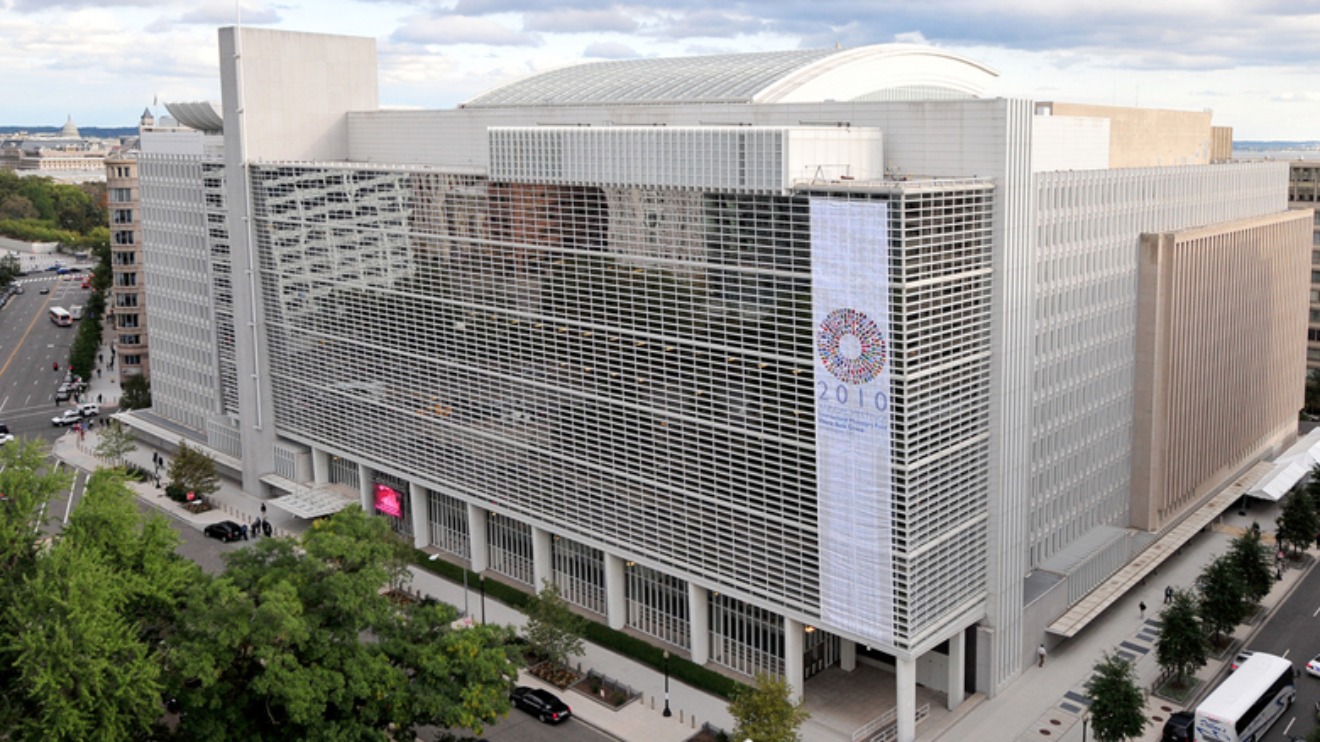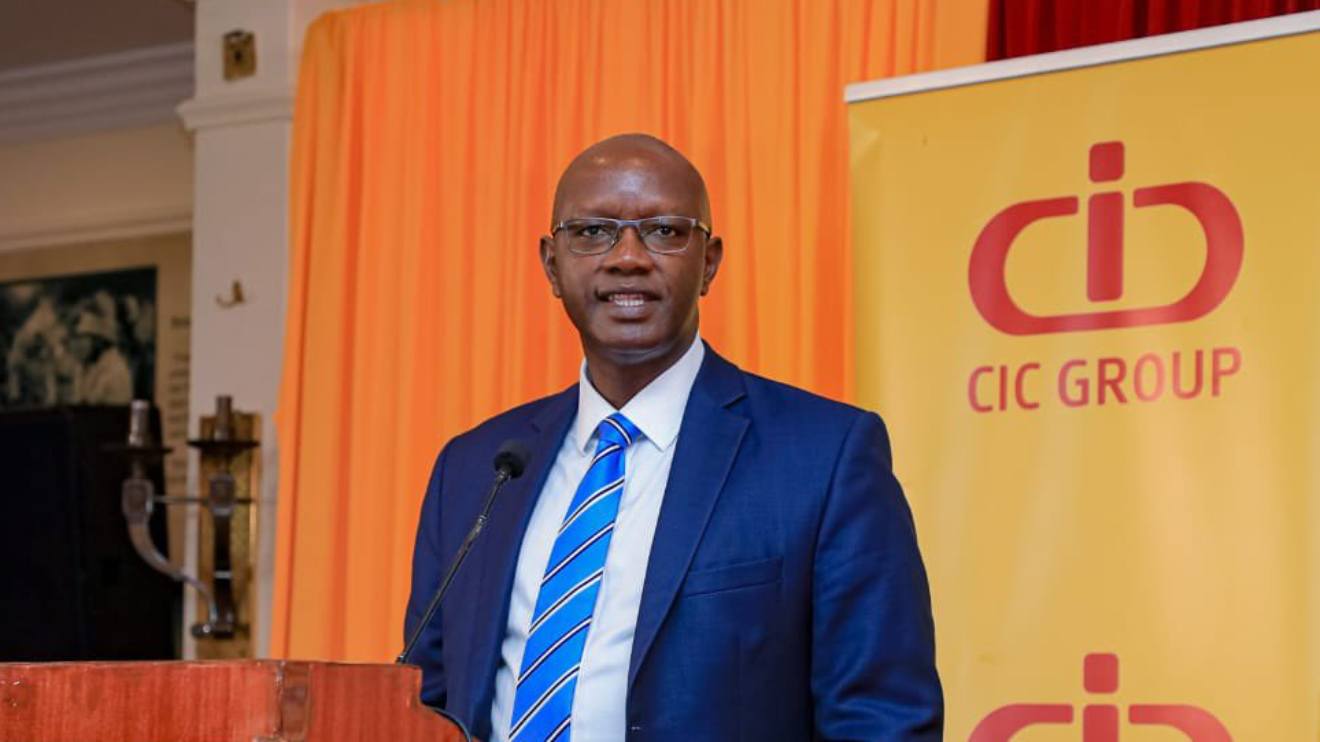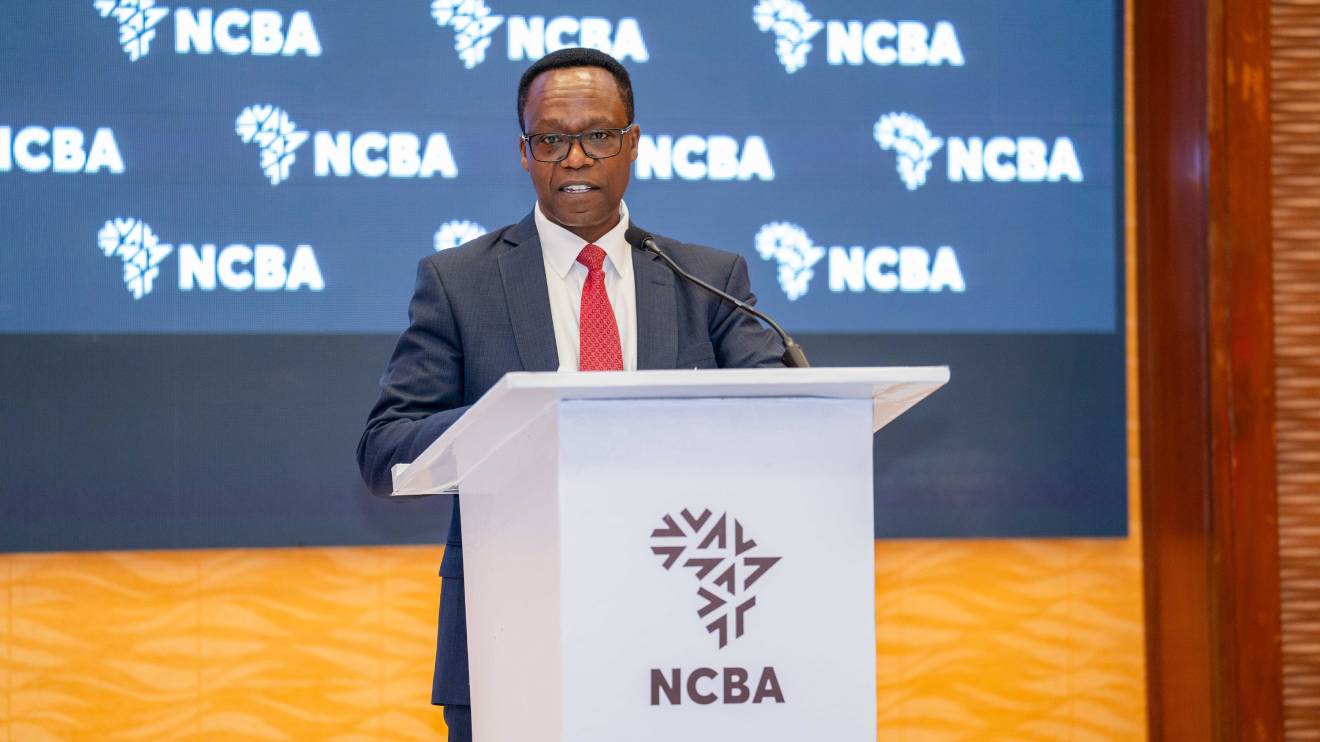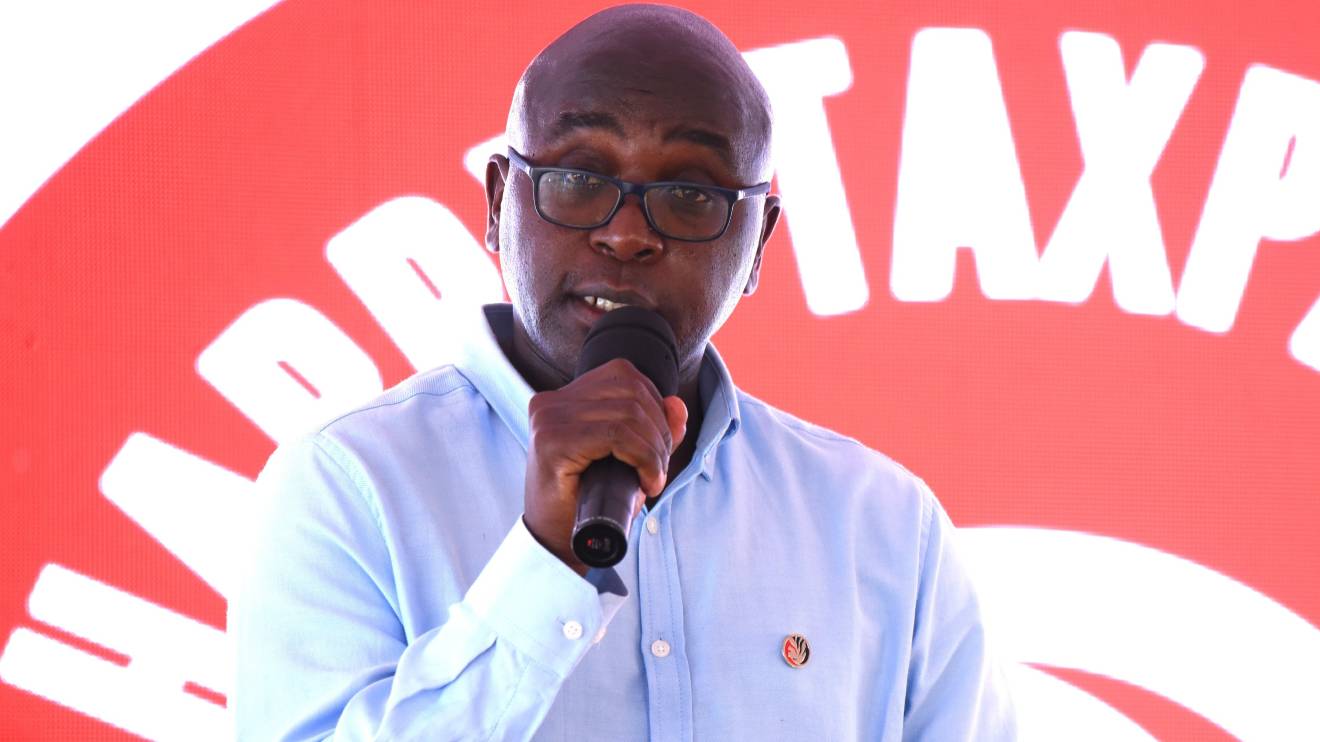The Kenyan taxpayer is footing the bill for years of unchecked waste and mismanagement, with the government now forced to chop nearly Sh580 billion from its 2024/25 budget in a desperate bid to avert a debt collapse.
A damning World Bank report has laid bare the cost of runaway borrowing and fiscal abuse that has plunged the country into a financial crisis, with public debt now towering at 68 per cent of GDP.
As interest payments devour over a third of government revenue, essential public services—health, education, water, and social protection—are being starved of funding.
The World Bank’s Public Finance Review paints a troubling picture: “Public resources are perceived to be diverted toward rent-seeking activities rather than essential public services: there is dissatisfaction with the Kenyan government’s management of the economy.”
Decades of debt-fuelled spending—often channelled into opaque projects and bloated institutions—have returned little value to citizens.
Read More
According to the report, “many of those investments did not yield sufficient returns,” and the economy is now grappling with stagnating productivity, falling wages, and a shrinking manufacturing base.
The report alludes that even the country's own citizens are losing faith.
“In 2024, 60 per cent of the Kenyan population believed that corruption had worsened,” the report said, quoting data from Afrobarometer.
While the Finance Bill 2024 triggered public protests and was withdrawn, what followed was no less painful, a fiscal purge amounting to 12 per cent of the budget.
The cuts include axing 47 state corporations, scrapping lavish public sector allowances, and halving travel budgets.
These measures, while framed as reforms, underscore how deep the rot runs.
In a blistering indictment of government inefficiency, the report noted, “Pending bills (arrears) have been increasing as spending needs, spending inefficiencies, weak cash management systems, and fiscal consolidation objectives clash.”
Despite this, the austerity is sparing no one but seems to protect the very architecture that enabled the wastage.
High-interest debt—largely a product of aggressive borrowing on costly terms—continues to be prioritised over welfare programmes. “Interest payments now crowd out spending on many important public services,” the report stated.
The government’s financial imprudence has made Kenya a cautionary tale.
With 86 per cent of revenues already locked into debt servicing, public wages, and county transfers, there is barely any room left for development.
The World Bank has proposed a series of corrective steps, including stripping away inefficient tax exemptions, reforming corrupt procurement practices, and ending rent-seeking within state-owned enterprises.
“Strengthening governance is critical,” the report urged, adding that weak oversight has resulted in “inefficient use of fiscal resources, which harms the economy in various ways.”
Perhaps most shockingly, the report revealed how deeply corruption has infected even basic systems:
“This PFR estimates that bribes to traffic police result in potential forgone revenue of 88 billion Kenyan shillings (or 0.5 per cent of GDP) per year.”
As the government prepares the Finance Bill 2025, pressure is mounting to shift from rhetoric to accountability.
Rebuilding public trust, the report stressed, will depend on “improving the efficiency of spending and public policies that support jobs and higher incomes.”
But with over Sh9 trillion already on the books, and multinationals fleeing the country citing hostile conditions, the road to recovery will not be smooth.
It will demand not just belt-tightening—but a full-scale reckoning with the culture of waste that brought the nation to its knees.


-1756474472.jpg)



-1753733469.jpeg)


